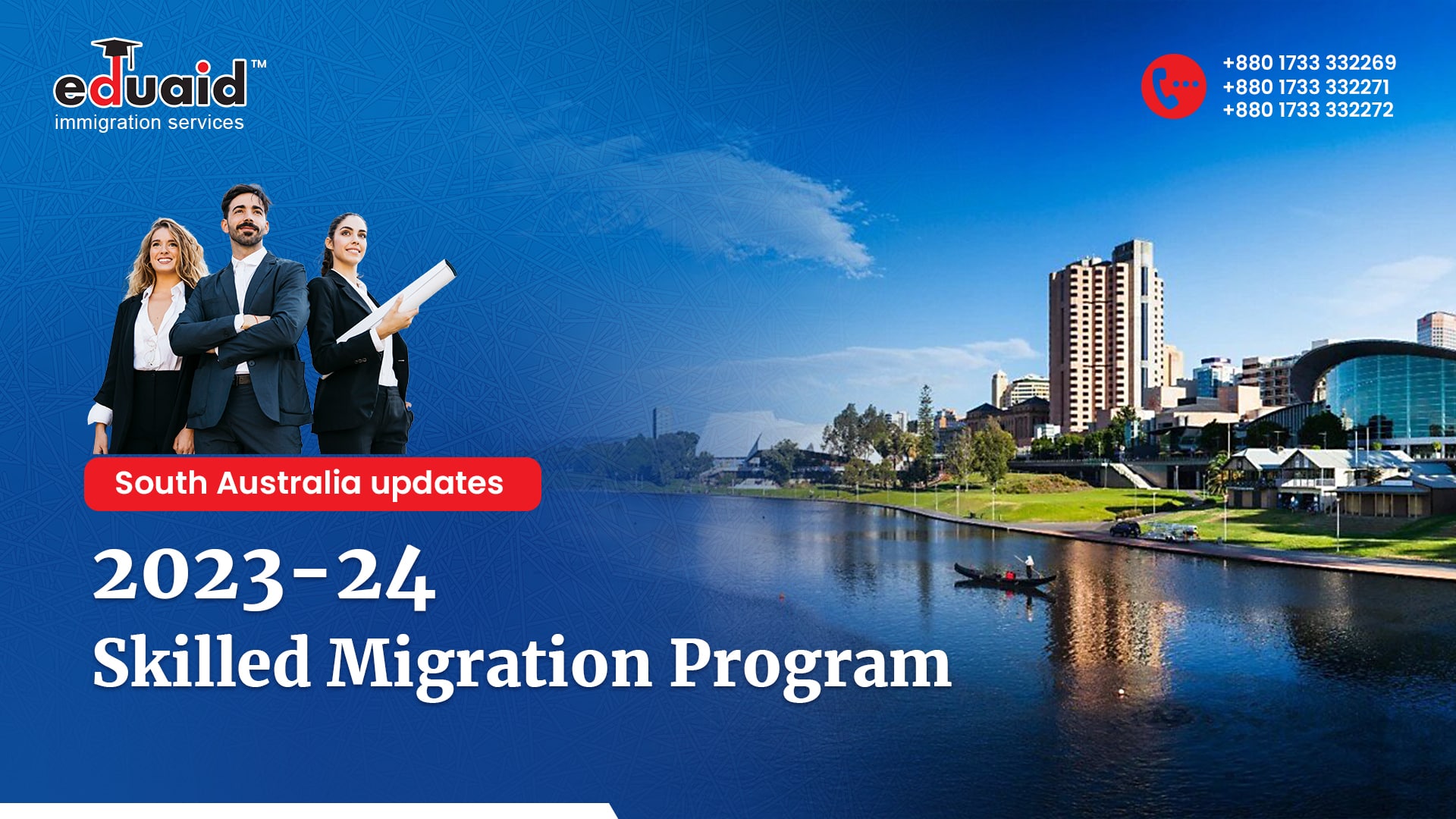New Zealand Immigration Minister Michael Wood announced the country has opened skilled visa applications for offshore migrants.
Migrant workers from overseas will now be able to apply for a skilled visa to travel to and work in New Zealand for an accredited employer.
According to Mr Wood, opening skilled visas for offshore applicants is the third and final stage of New Zealand’s new simplified Accredited Employer Work Visa (AEWV) policy and marks another significant step forward in the country’s reconnecting plan.
He said as part of the AEWV policy, employers in New Zealand need to be accredited and must have completed a job check before being able to hire skilled migrants from overseas.
The job check is an important part of the new AEWV process to hire offshore migrant workers, with necessary information including the evidence of an acceptable job offer, job description, employment agreement, and proof that the vacancy has been advertised for at least two weeks if it is not on the Green List.
AEWV applications are expected to have a processing time of 20 working days. Partners and dependents of applicants can also apply for visas, which would allow skilled migrants to bring their families with them to New Zealand and make the country an attractive place to live and work.
The opening of the AEWV follows previous work done by the New Zealand government to grant approvals for more than 33,000 critical workers and 13,000 working holidaymakers.
He also said 60,000 migrants were granted permanent residency in New Zealand through the one-off 2021 Resident Visa.
Addressing New Zealand’s skills shortages, Mr Wood said a major constraint on local businesses was the unavailability of skilled labour.
However, the AEWV can play a significant role in reversing skills shortages in the country by allowing skilled migrants to move to New Zealand, which would increase the available pool of skilled workers.
Mr Wood claimed the AEWV was at the heart of New Zealand’s Immigration Rebalance and focused on providing the country with necessary skills and ensuring fair treatment for migrants.
New Zealand’s previous immigration system facilitated a low-cost labour model that was neither good for the country nor skilled migrants. The new AEWV is centred on a requirement to pay median wages.
This new visa also provides smoother pathways which make it easier for New Zealand to attract migrant workers on the basis of skills and needs.






